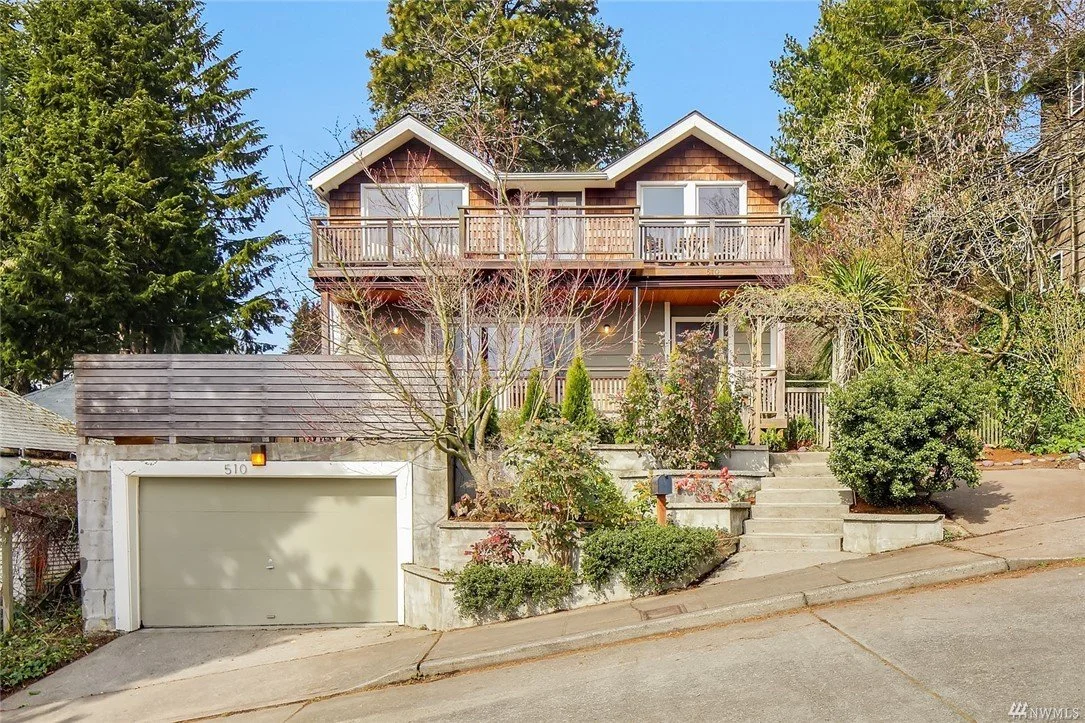Financial Preparation for Home Buyers: Setting Yourself Up for Success
Buying a home is a monumental financial commitment. Before embarking on this journey, it's essential to ensure your finances are in order to navigate the process smoothly and secure the home of your dreams.
Understanding Your Credit Score
Your credit score plays a pivotal role in securing a mortgage. It's crucial to check your score, understand its implications, and work on improving it if necessary. You can start by using resources like AnnualCreditReport.com to obtain a free report.
Determining Your Budget
Understanding what you can afford is crucial. Factor in not only the mortgage but also property taxes, insurance, and potential homeowner association fees. Online calculators, such as the one from MortgageCalculator, can provide an estimate.
Saving for a Down Payment
The commonly held belief that one needs to save 20% of the home's price for a down payment is a myth. While putting down 20% can help you avoid paying Private Mortgage Insurance (PMI) and lower your monthly mortgage amount, it's not a strict requirement. PMI is a type of mortgage insurance that protects lenders in case the borrower defaults on the loan. It's often required by lenders when a borrower cannot make a 20% down payment. This insurance is typically added to the monthly mortgage payment until the borrower has built up sufficient equity in the home. However, there are various loan programs available that may require less than 20% down, and some even offer benefits like lower interest rates or flexible qualification criteria. It's beneficial to research and plan accordingly.
Emergency Fund
Owning a home comes with unexpected expenses, from repairs to changes in the economy. It's wise to have an emergency fund to cover at least three to six months of expenses.
Get Pre-approved
A pre-approval letter from a lender gives you an edge when house hunting. It shows sellers you're serious and financially prepared. Local lenders in cities like Seattle, Issaquah, and Bothell can provide tailored advice and options.
Understanding Additional Costs
Apart from the down payment, buyers must be prepared for closing costs, inspection fees, and potential homeowner association fees. It's essential to budget for these additional expenses.
Researching Loan Options
There are various loan options available, from conventional loans to FHA and VA loans. Each has its own set of requirements and benefits. Local resources, especially in Washington state, can provide tailored insights.
Stay Financially Stable
Once you're in the process of buying a home, it's essential to maintain financial stability. Avoid making large purchases or taking on new debt, as lenders will reassess your financial status before closing.
Conclusion
Financial preparation is the cornerstone of a successful home buying experience. By taking proactive steps, you position yourself for a smoother journey and the best possible terms on your new home.
Looking to Buy a Home?
Our experienced team understands the intricacies of the financial preparation required for buying a home, especially in the dynamic markets of Seattle, the Eastside, and surrounding areas. Reach out to us for guidance, resources, and a seamless home buying experience.
Start your home search by downloading the official mls app


























